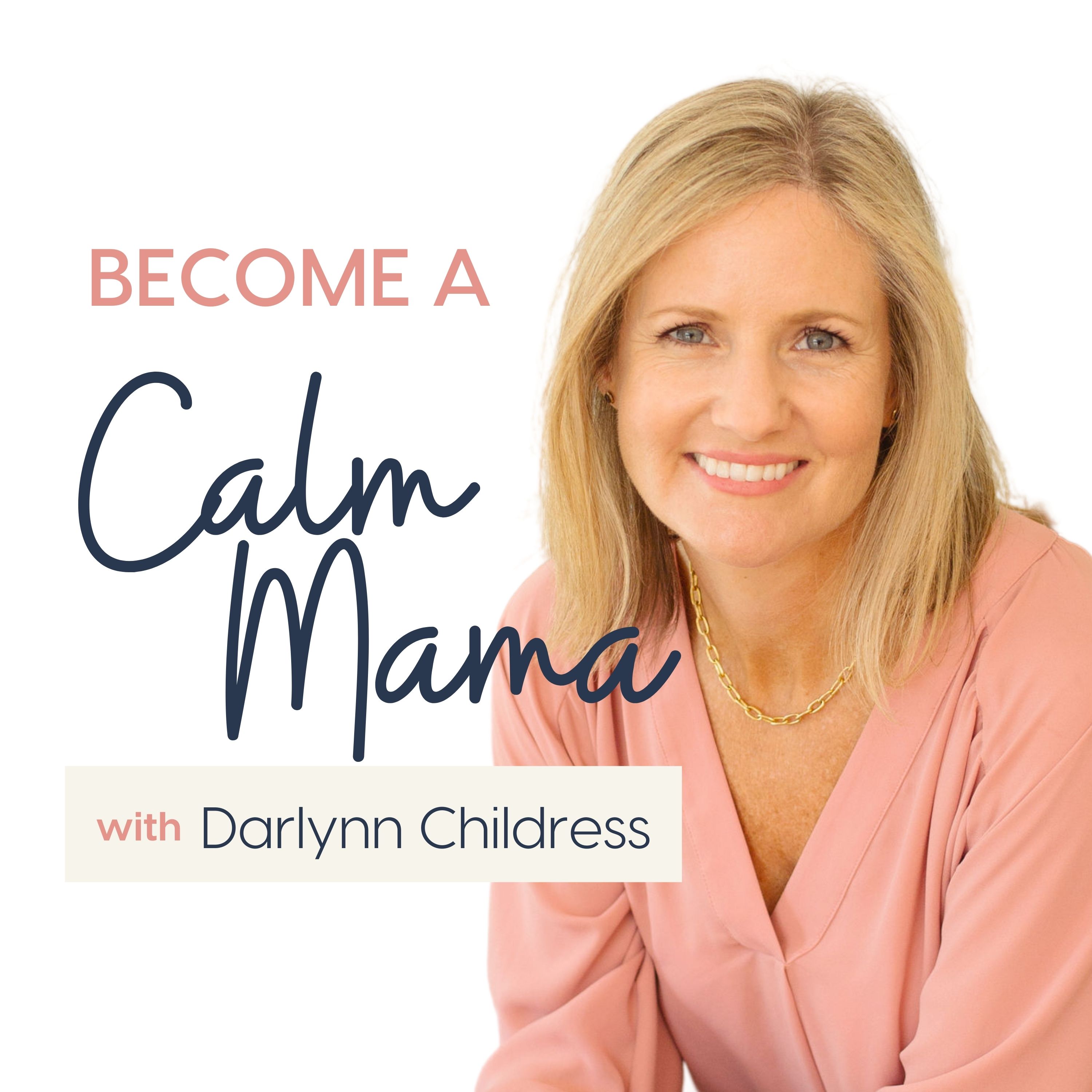Este video está restringido para menores de 18 años.
Crea una cuenta o inicia sesión para confirmar tu edad.
The Value of Play with TJ Matton
You’ve probably heard about the value of play for kids, but did you know that it’s just as important for adults? Today, I’m joined by TJ Matton, who helps people find enjoyment in the everyday, playful ways to manage stress, and empowering ways to greater fulfillment.You’ll Learn:The value of play - for kids and adults alikeWhy we stop playing in the first placeHow embracing play affects your parentingWhere to start if you’re feeling stuck<br/>Listen in to hear playing in your own way helps you organically manage your time, feel embodied and find purpose and meaning in everyday life. -----------------------------------------TJ Matton is a social worker, psychotherapist, coach, and educator. Through her business, The Playful Revolution, she helps adults learn to liberate their minds and bodies through play. Most people automatically associate play with children (or playing with kids). But play is a primal need of all humans, and TJ’s goal is to help adults re-engage their natural drive for play. Why Do We Need Play?Besides the fact that it’s enjoyable, play is a tool that we can use to regulate our nervous systems and manage our stress responses.In her work with moms, TJ has explored how mom rage is related to a play-deprived state. When we yell and scream at our kids, it gives us a feeling of power and control. It puts us back into our bodies. But we can get these same feelings from play…without the wave of guilt, shame and embarrassment that often comes after an episode of mom rage. Play helps us release the pent-up energy in our bodies and shift out of an activated state more easily. We often think of being playful as silly or humorous. And while it can look this way, play is really about being interested, engaged, curious and connected. It can be physical, intellectual or in our imaginations. Even tasks like cooking can be playful, if you’re feeling engaged and creative in the process. Why Do We Stop Playing?As kids, play is everything! So, what happened? VulnerabilityFor adults, play can bring up feelings of vulnerability, powerlessness or fear of failure.It requires us to abandon power dynamics. We might have to change rules or adjust a game to even the playing field and make it playful and fun for everyone involved. And there is often some risk taking involved. The point of play is to test limits, like when you build the tallest tower you can, knowing that it will fall. This limit testing means that we are going to fail pretty much every time (and that’s what’s supposed to happen). But the older we get, the less acceptable we see failure to be. Instead, we can look at life from a place of curiosity and resilience. “My tower fell over, but that’s what’s supposed to happen. I didn’t do anything wrong. Now I get to try again. I wonder how tall I can get it next time?” Previous experiencesOur learned response to play also plays a role in how we approach it as adults. As a child, were you often told that your play was too loud, big, chaotic or messy? Were there gender expectations put on your play? Gender differencesThe majority of girls lose play between the ages of 8 and 11. 70% of girls drop out of sports between 7 and 10 years old. They start to shift focus to peer and family relationships and behavioral expectations of being well-mannered and kind. They are encouraged to get out of self-connection and prioritize others instead. Types of PlayMost of us have an idea of what play “should” look like. TJ tells us that play

